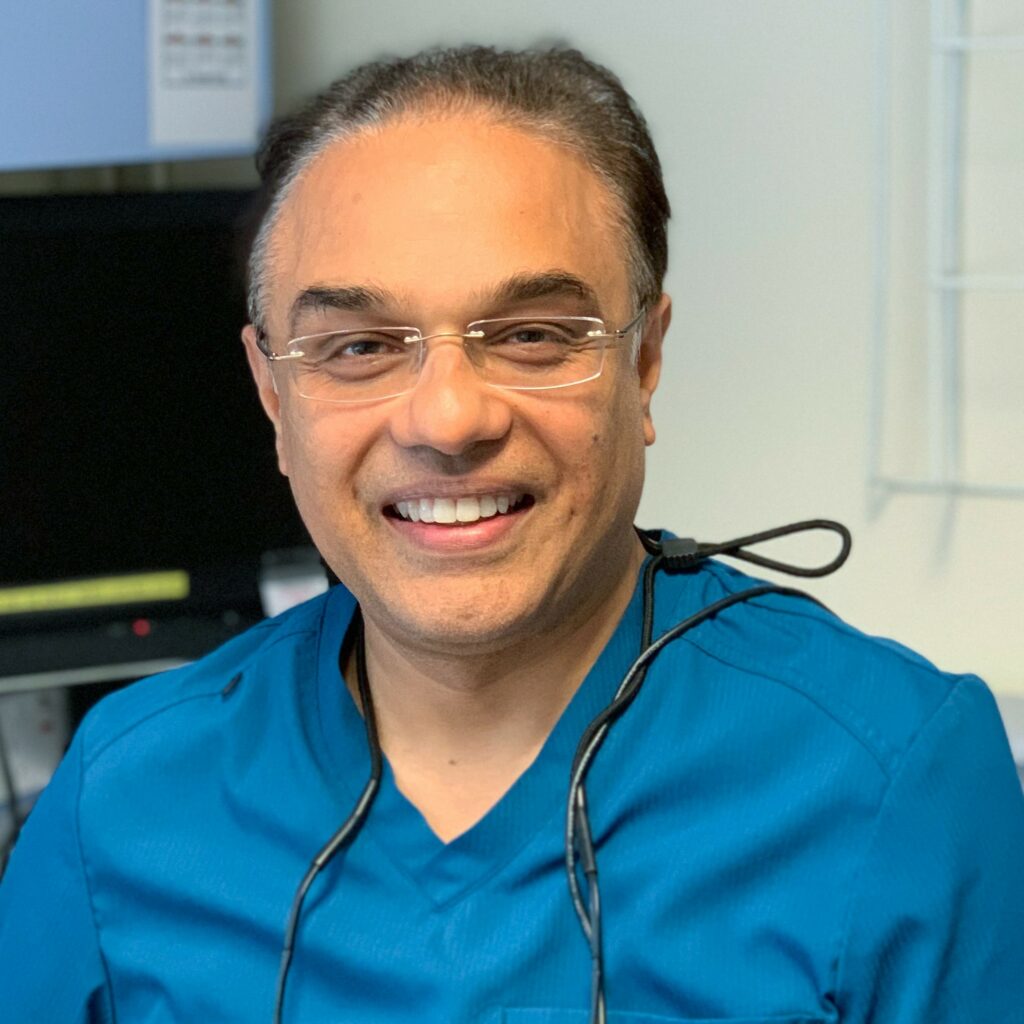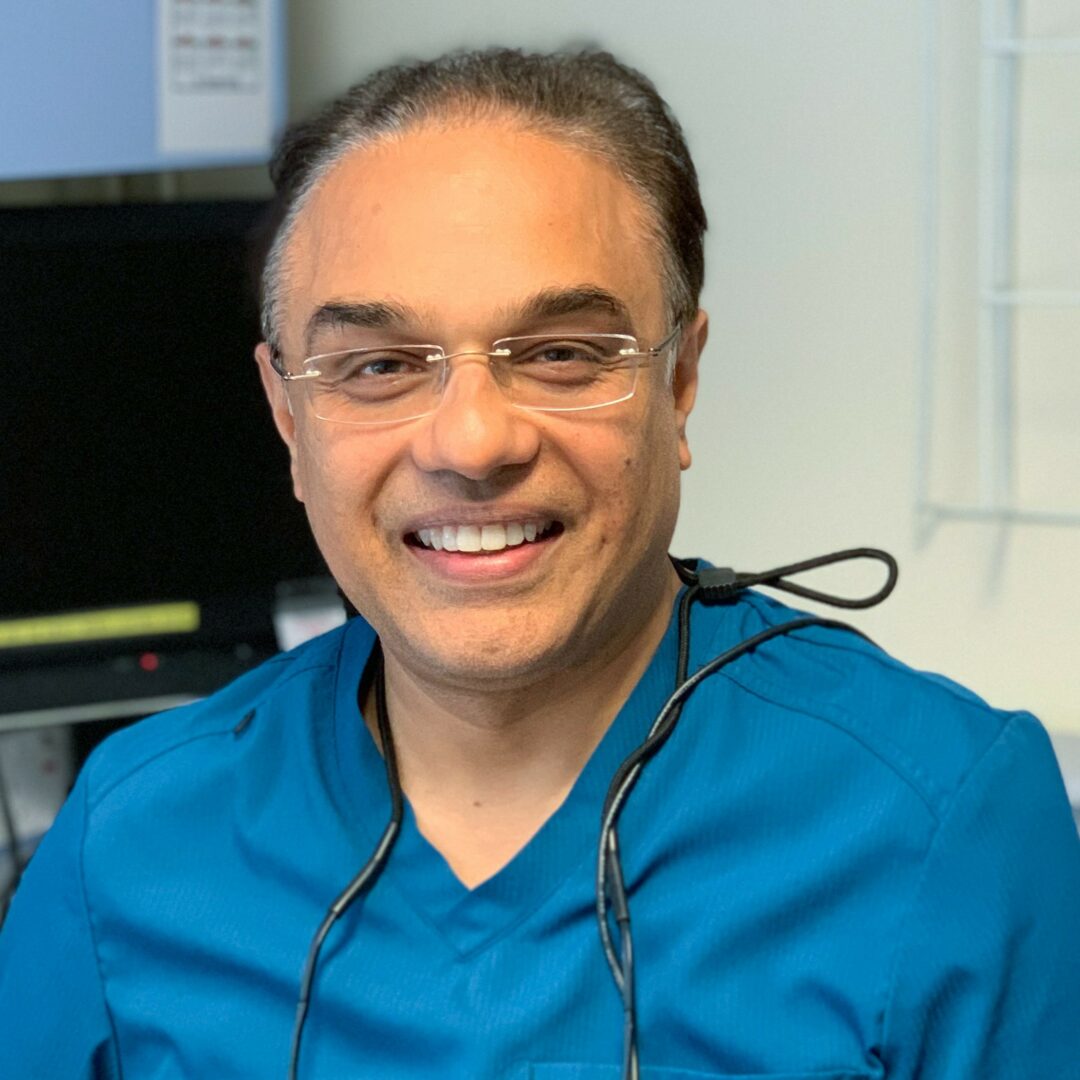Abhi Pal FCGDent, Immediate Past President of the College, says the dental profession needs to create opportunities for all team members to develop leadership skills

Oral health care in the UK is a complex, fast-changing sector, embracing dynamic and skilled teams, and our profession faces a number of key challenges, some of which are not new. These include workforce recruitment and retention, inequalities in oral health, NHS contract reform, the lack of recognition for oral health care teams, and the regulatory environment. This is of course in addition to the wider problems of the cost-of-living crisis, Brexit, and global issues. Overcoming these challenges will need leadership at all levels, from individual practices through to national bodies. It will not be a surprise to readers when I say that that leadership requires creating a vision. That vision has to be informed by listening to individuals, acknowledging their views, and understanding the working environment in order to create a vision that can inspire.
I often hear that leaders are not born but that leadership is a collection of skills that can be learnt. The profession needs to create opportunities for all team members to be encouraged to develop these skills. This starts from the individual surgery and practice level through to professional bodies and national platforms. It is essential that early-career colleagues are encouraged to participate in conversations and decisions which will shape the future of the profession. It is more important than ever that we have role models who reflect the diversity that exists within the profession.
As well as creating a vision, leaders need to be able to communicate the vision to others
and inspire teams to get behind the goals. It is important to create a common language
that can encapsulate the knowledge and capabilities that we value in our teams. All individuals have strengths and weaknesses. The successful leader will harness the
strengths of individuals to delegate successfully and support individuals to help overcome weaknesses.
Many styles of leadership exist but it is often the case that successful leaders understand that styles need to be adapted to suit the requirements of the environment and teams they work in. I have found over the years that demonstration of credibility and authenticity can often be more important than just style.
Leaders also need to readily recognise the hard work undertaken by team members. Monetary reward is only one part of this. There is a general lack of recognition for the skills of primary oral health care teams due largely to the lack of a proper career structure. Without such recognition, we cannot hope to recruit and retain the talent we need in this great profession of ours. We need to have a new look at how this recognition can be provided.
I see an increasing amount of negativity in the profession, much of it spurred on by
the ease of posting views on social media. Negativity can stem from the feeling of powerlessness. However, some groups and organisations are stepping up, in spite of those challenges, showing the there is a great deal the profession can itself do to improve matters. The answers to the challenges the profession faces cannot be solved by one body alone. It is time for cooperation and leadership across the whole sector to provide workable solutions.
This article was first published in the British Dental Journal (volume 234, page 921, 2023) by Springer Nature


